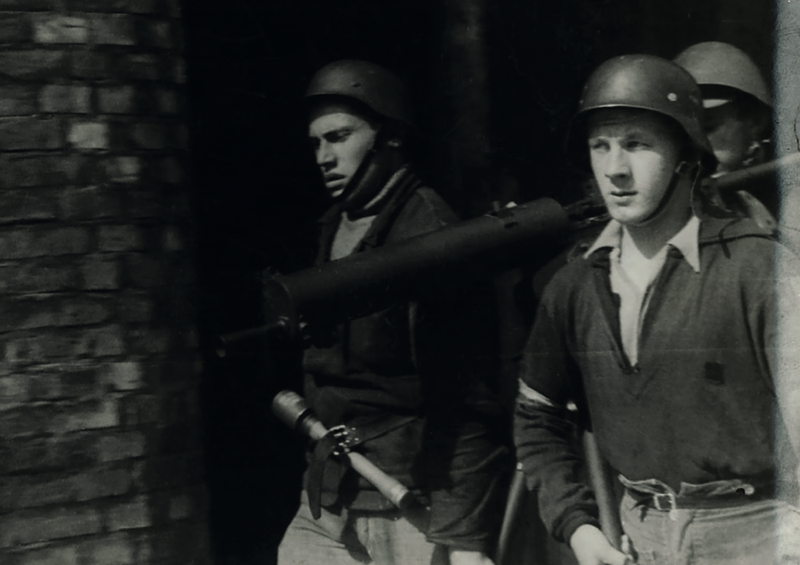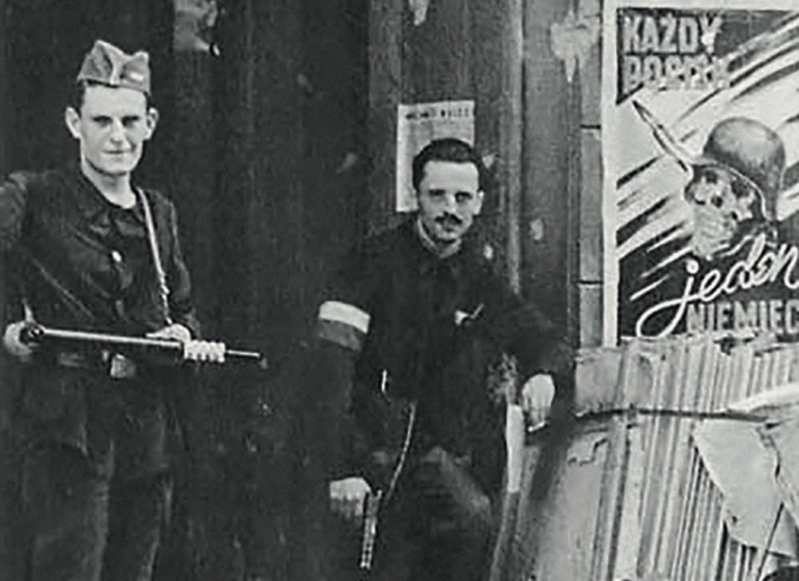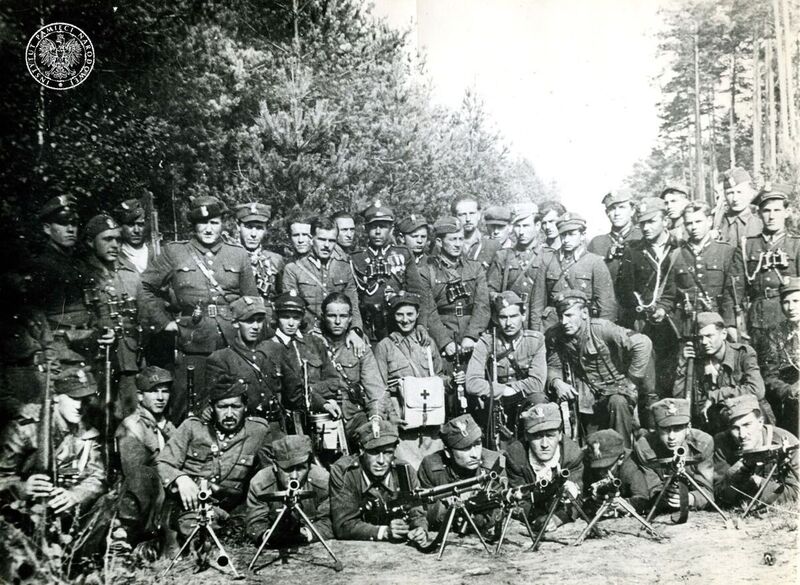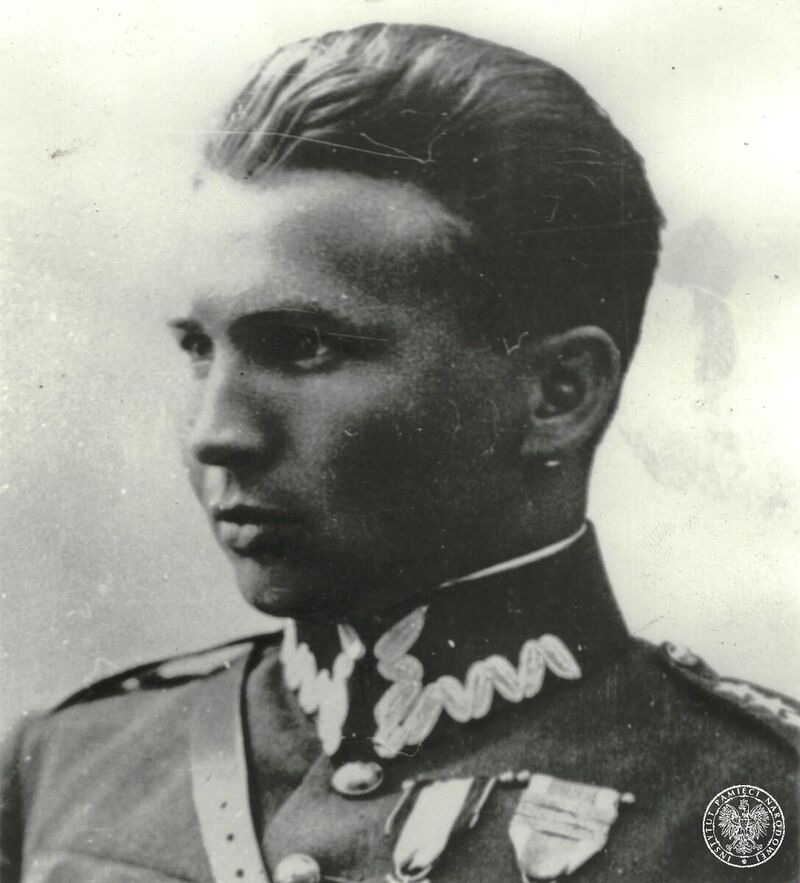The Home Army was one of the largest armed resistance movements in Europe during World War II. The Polish soldiers were faced with the necessity of conducting an unequal fight against the Germans in order to defend Poland. During the German terror, it was the Home Army that shaped — to some extent — the attitudes of hundreds of thousands of Poles. It gave hope in difficult times and helped to maintain the fighting spirit.
After the Warsaw Uprising, the Home Army soldiers remained ready for further battle, and many of them continued their struggle, this time against the newly established communist regime.
After 1945, the history of the Home Army was not over, and the so called “Cursed Soldiers”, resisted the Sovietization of Poland and its subordination to the USSR. The communists, wanting to strengthen their order in Poland, implemented a strategy consisting of two stages. The first one was to physically eliminate the soldiers of the new resistance movement. Many former Home Army soldiers were murdered and buried in nameless death pits or sentenced to long term prison. The next step was to condemn them to oblivion.
It was only after the collapse of the communist system in 1989 that Poland, along with other countries of Central and Eastern Europe, was able to restore the memory of those who had sacrificed their lives to defend independence and freedom.
One of the statutory tasks of the IPN is to compensate the victims of two totalitarian systems, i.e. Nazism and communism. An important field of the Institute’s activity is to prosecute the perpetrators of communist crimes, and to introduce norms preventing officers of former communist secret services from having an impact on public and political life.
Moreover, educational and scientific projects implemented by the IPN will make it possible to convey the truth about this difficult period, as for nearly half a century the truth about the Polish history was falsified and the heroes of the struggle for independence were meant to be forgotten.



